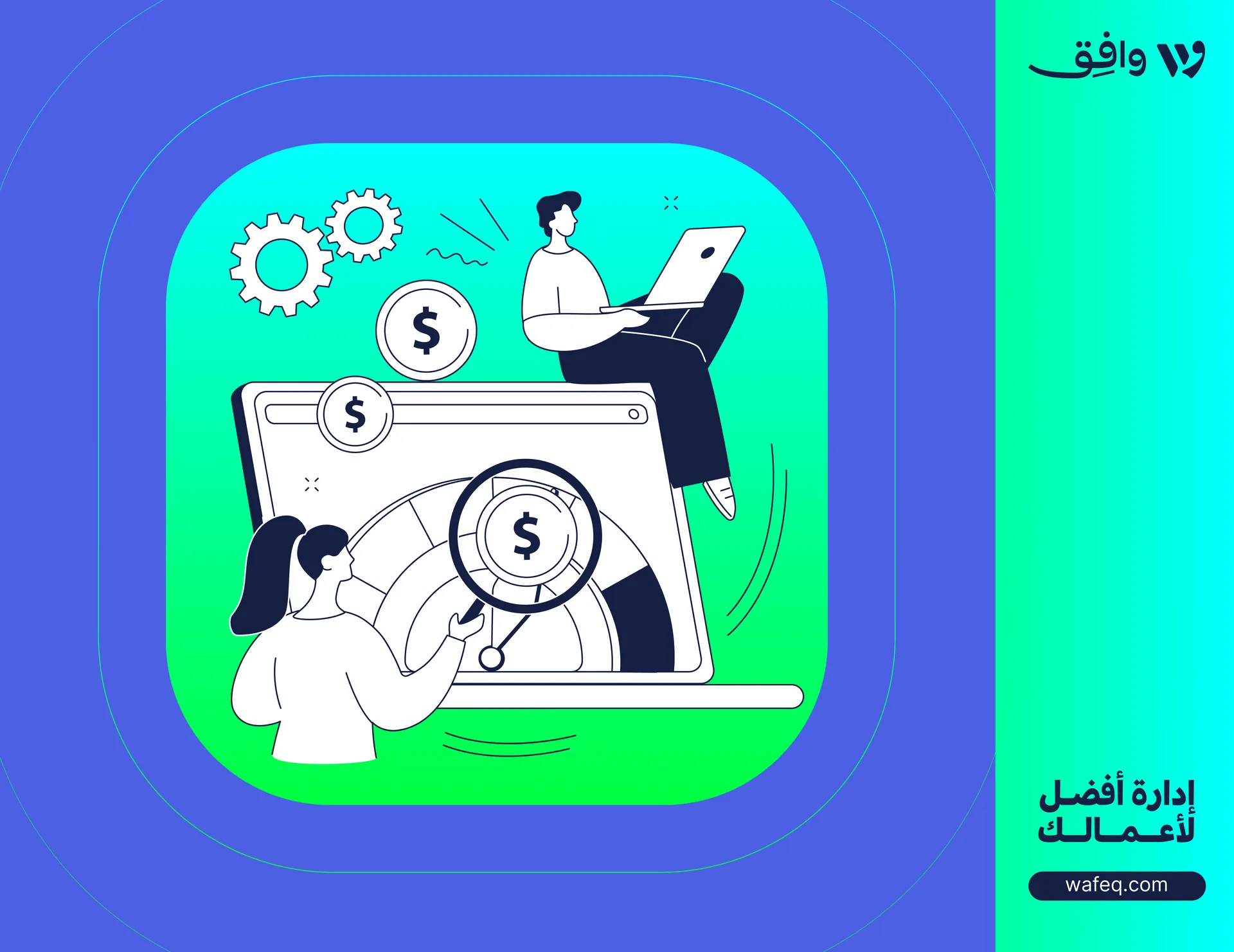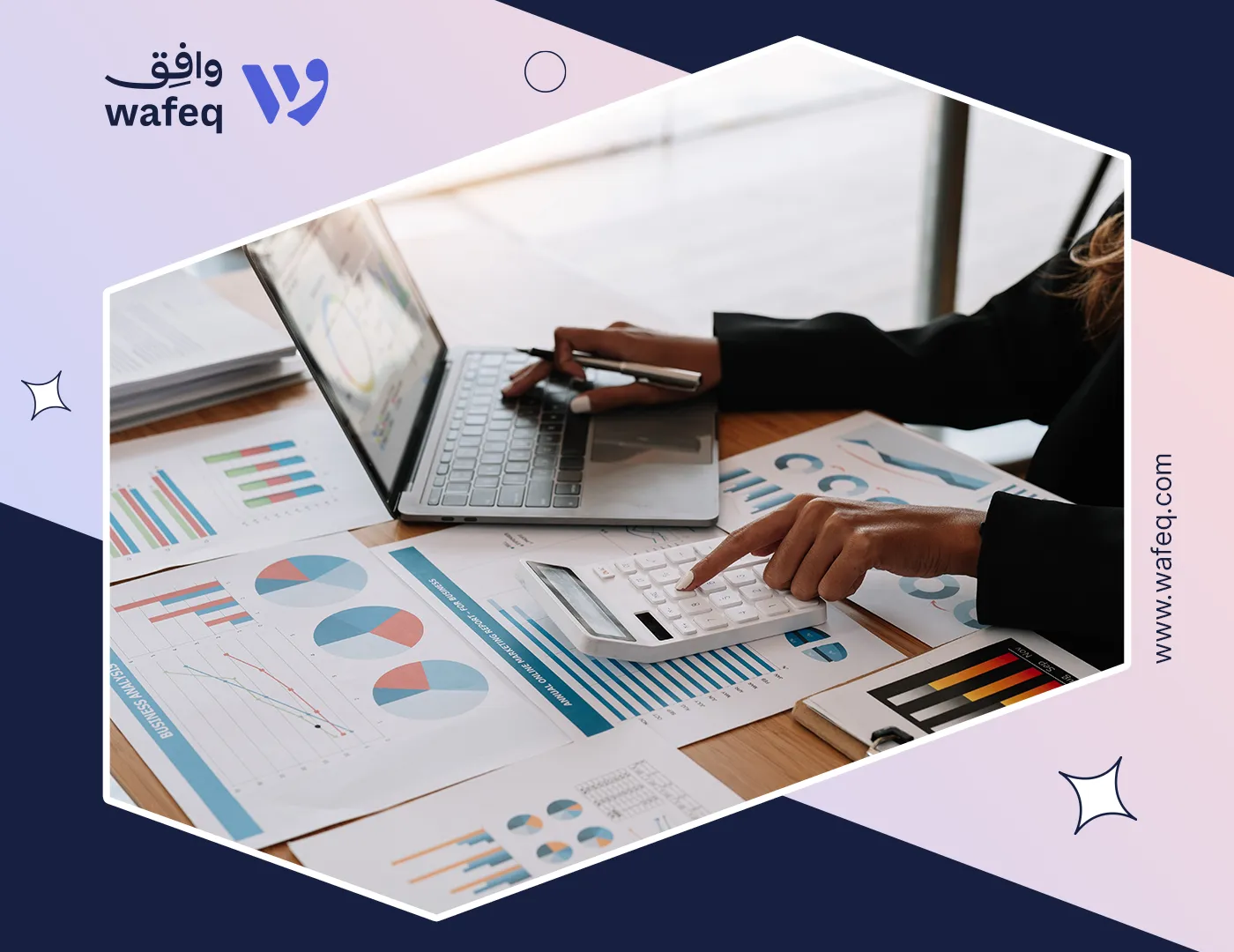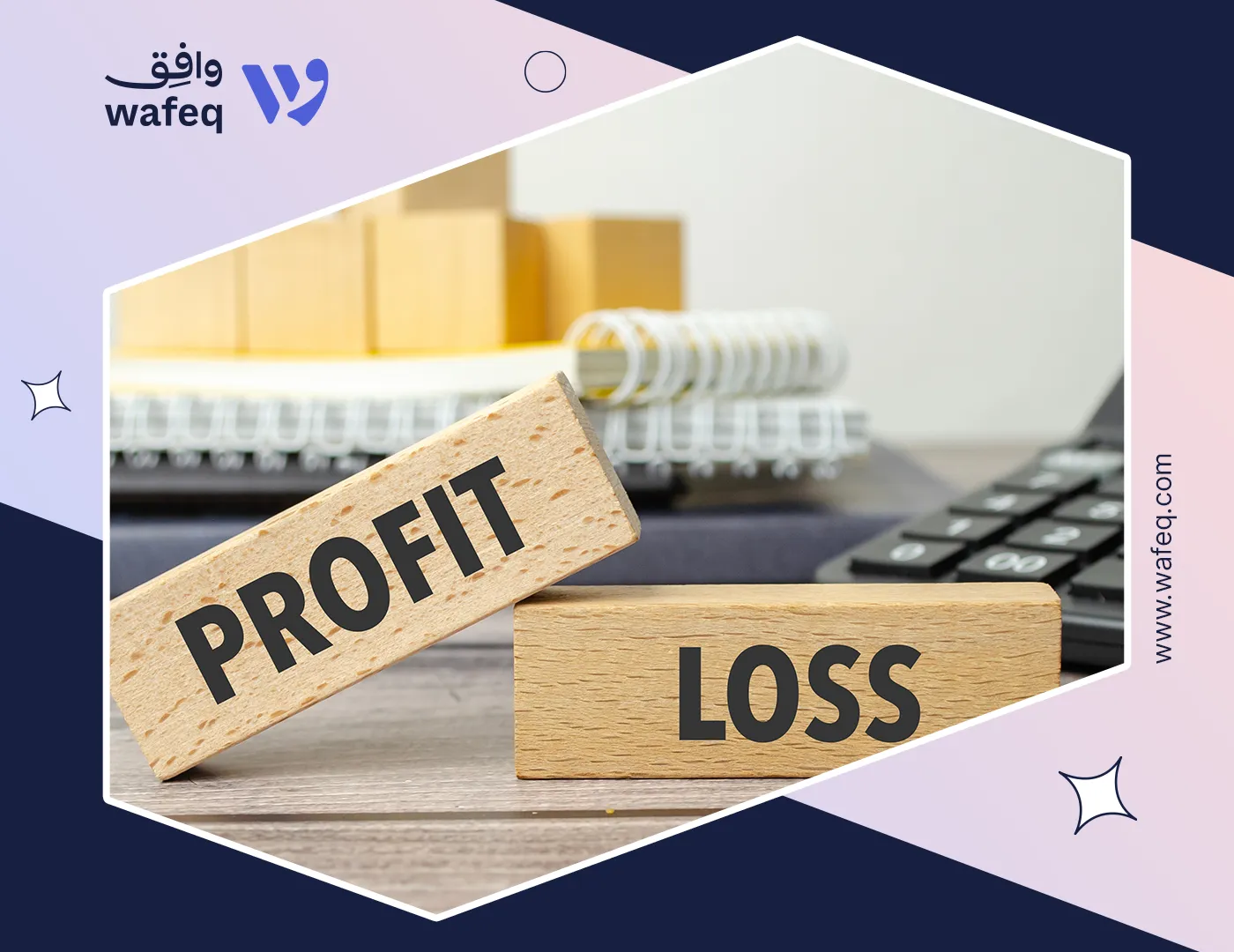How to Develop Analytical Skills for Accountants

Analytical skills are essential for accountants who are expected to do more than just record transactions. Accounting professionals are now required to interpret financial data, identify patterns, assess performance, and support decision-making. These responsibilities demand a solid ability to analyze numbers with accuracy and clarity. In many organizations, accountants are relied upon to provide insights that influence budgeting, cost control, and financial planning. Without strong analytical skills, evaluating trends, detecting irregularities, or understanding the financial impact of business activities becomes difficult.
What Are Analytical Skills in Accounting?
Analytical skills in accounting refer to the ability to examine financial information, identify relationships between data points, and draw logical conclusions that support business and financial decisions. These skills enable accountants to move beyond basic data entry and focus on understanding the company's financial position and performance. Key components of analytical skills include:
- Recognizing patterns in financial data.
- Assessing variances and explaining their causes.
- Comparing actual results to budgets or forecasts.
- Conducting ratio and trend analysis.
- Identifying risks and areas for improvement.
Core Analytical Skills Every Accountant Should Master
To add value in their role, accountants should strengthen a specific set of analytical skills that support financial analysis and business evaluation. Mastery of these skills allows them to provide deeper insights, explain variances, and make informed recommendations. Key analytical skills include:
- Critical Thinking is the ability to assess situations objectively, question assumptions, and evaluate multiple outcomes based on financial evidence.
- Data Interpretation is understanding what financial figures mean, recognizing trends, and placing results in context to support meaningful analysis.
- Financial Modeling and Forecasting involves building structured financial models and making forward-looking estimates based on historical data and current variables.
- Problem-solving to identify the root cause of financial issues and recommend practical, data-driven solutions.
5 Practical Steps to Develop Analytical Skills
Developing strong analytical skills requires continuous effort and practical application. Accountants can enhance their capabilities by combining technical tools with business understanding. The following steps can help in building and strengthening these skills:
- Learn Advanced Excel Functions Excel remains a core tool in accounting. Mastering functions such as pivot tables, VLOOKUP, INDEX-MATCH, and conditional formulas is essential for efficient data analysis.
- Use Accounting Platforms Working with systems such as Wafeq enables accountants to access structured financial data, generate reports, and monitor variances and spending patterns. Familiarity with such platforms improves accuracy and saves time in analysis and reporting.
- Explore Data Visualization Tools Tools like Power BI and Tableau help convert complex data into visual formats that make patterns easier to understand and present to decision-makers.
- Work on Real Financial Scenarios Apply skills by analyzing past financial statements, comparing budgets vs actuals, and performing ratio analysis using real company data.
- Take Specialized Courses Enroll in courses focused on financial analytics, forecasting, and business intelligence to stay updated and expand your skillset.
How to Apply Analytical Thinking in Real Accounting Scenarios
Analytical thinking becomes valuable when applied to real accounting situations. It allows accountants to identify problems early, support financial planning, and improve operational efficiency. Below are common scenarios where analytical thinking plays a central role, along with practical examples:
- Budget Analysis and Variance Reviews Scenario: A company prepares a monthly budget, and actual spending exceeds the plan. Application: The accountant compares budgeted vs actual figures using tools like Excel or Wafeq. If the marketing budget shows a 25% overspend, the accountant investigates the underlying transactions, identifies a specific campaign that exceeded the planned cost, and advises management on adjusting future allocations.
- Cost Control and Profitability Analysis Scenario: Management wants to understand why profit margins have decreased. Application: By reviewing cost reports and revenue streams, the accountant may find that raw material costs increased without a corresponding price adjustment. This insight helps management decide whether to renegotiate supplier contracts or raise product prices.
- Detecting Irregularities or Fraud Scenario: Unusual supplier payments are noted in the monthly report. Application: The accountant flags a payment that exceeds normal amounts and checks the payment history in the ERP system. Upon analysis, it was discovered that the same invoice was submitted twice. The issue is escalated to internal audit, and controls are reviewed to prevent future duplication.
- Cash Flow Forecasting Scenario: The business plans for expansion and needs to ensure adequate cash availability. Application: The accountant prepares a cash flow projection based on receivables, payables, and expected sales. This analysis reveals a potential shortfall in three months, prompting early action to secure short-term financing.
Tools That Enhance Analytical Skills in Accounting
Analytical strength in accounting depends on knowledge and also on the ability to work with systems and tools that process and transform financial data into actionable intelligence. For financial professionals, selecting and mastering the right tools is fundamental to deep analysis, error detection, forecasting, and strategic decision-making.
Below are key categories of tools that enhance analytical skills and how they serve accountants in practice:
1. Accounting Systems – e.g., Wafeq Modern accounting systems like Wafeq provide more than transaction recording; they centralize financial data, enforce controls, and offer integrated reports that support real-time analysis. For example:
- Variance Analysis: Automatically compare actual vs budgeted figures with drill-down capabilities.
- Audit Trails: Track changes to entries to support compliance and forensic review.
- Custom Reporting: Build specific reports based on account codes, departments, or projects.
- Cash Flow Monitoring: View real-time liquidity status and future cash positions.
2. Advanced Excel and Power Query Excel remains a core skill. But beyond basic formulas, tools like Power Query, Power Pivot, and Data Analysis Expressions (DAX) allow accountants to:
- Automate data imports and transformations.
- Analyze millions of rows without performance loss.
- Create financial dashboards and models for forecasting.
- Perform multi-dimensional analysis (e.g., by segment, time, or region).
3. Business Intelligence (BI) Tools – Power BI, Tableau BI tools convert data into structured visual outputs. They’re essential for high-level reporting and executive presentations. In finance:
- Use Power BI to connect directly with ERP systems and display key performance indicators (KPIs) in real time.
- Develop dashboards for revenue trends, cost structures, and scenario simulations.
- Share financial visuals across departments to improve alignment.
4. Forecasting and Modeling Software Software like Planful, Adaptive Insights, or Excel-based templates with robust modeling functions help in:
- Scenario planning under different revenue or cost assumptions.
- Sensitivity analysis to test how outcomes change with key variable shifts.
- Integrated income statement, balance sheet, and cash flow projections.
5. Audit and Risk Management Software These platforms integrate compliance into the analysis process, ensuring data integrity. For internal controls and data reliability, tools such as CaseWare, AuditBoard, or ACL, allow accountants to:
- Perform continuous auditing through automated tests.
- Identify anomalies or potential fraud risks using pattern detection.
- Document audit evidence systematically for regulatory reviews.
Developing strong analytical skills is a continuous process that evolves with experience, exposure to financial complexity, and the effective use of tools and systems. Recommend the following next steps for accountants and finance professionals seeking to sharpen their analytical capabilities:
- Make Analysis Part of Daily Practice Don’t wait for month-end reporting to analyze data. Practice daily reviews through monitoring expense trends, tracking payables aging, or evaluating weekly cash flow positions. Also, use systems like Wafeq to generate real-time insights that can guide decisions even before formal reports are due.
- Develop Curiosity and Business Awareness Start with Excel and Wafeq, then gradually add Power BI, financial modeling, and risk analysis tools to your portfolio. Invest time in learning shortcuts, functions, and automation to reduce manual effort.
- Collaborate Across Teams Analytical skills are most valuable when shared. Collaborate with procurement, operations, sales, and HR to develop a holistic view. Joint analysis often uncovers insights that isolated financial reviews cannot detect.
- Document and Present Findings Clearly Use dashboards and charts to communicate financial insights to non-financial stakeholders. Focus on clarity, precision, and business impact in your reports and presentations.
- Keep Learning Attend industry workshops, enroll in courses, and follow financial thought leaders. Analytical skills grow with exposure; use every opportunity to learn from real challenges.
Also Read: Project Management Skills For Accounting.
Analytical thinking, in summary, transforms the accountant from a record-keeper into a strategic advisor. By committing to continuous learning, tool mastery, and cross-functional analysis, finance professionals can create long-term value for their organizations.
Ready to elevate your analytical capabilities?
Ready to elevate your analytical capabilities?
Start today by exploring how Wafeq empowers accountants with real-time insights, custom reporting, and integrated tools for smarter financial decisions.






.png?alt=media)








